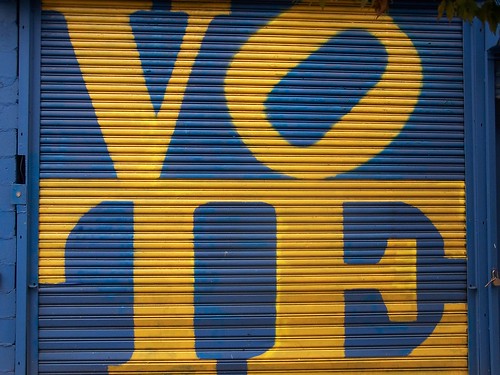Hillary Clinton recently declared that half of Donald Trump’s supporters belonged in a “basket of deplorables.” In other words, they were “racist, sexist, homophobic, xenophobic, Islamaphobic, you name it.”
The Democratic presidential candidate has since expressed regret over the statement, but that hasn’t stopped us from wondering about the phrase.
Steve Katz of Mother Jones asked us if Clinton was the first to utter it:
Help @wordnik: did #basketofdeplorables exist before #HRC made it a thing? — Steve Katz (@Steve_Katz) September 10, 2016
Katy Tur of NBC points out it’s not the first time Clinton has used “the deplorables”:
Not the first time Clinton used “deplorables.” She said it on Irsraeli TV last week. pic.twitter.com/dQefUGw1MU
— Katy Tur (@KatyTurNBC) September 10, 2016
But how about the “basket” half of it?
Let’s start with the latter. Nowadays deplorable is mostly used as an adjective. It originated in the early 1600s, says the Oxford English Dictionary (OED), to mean “lamentable, very sad, grievous, miserable, wretched,” and comes from the French déplorable. The verb form, deplore, “to weep for, bewail, lament,” is about 50 years older.
Around the mid-1800s, the verb form gained the meaning of regarding something “as scandalous,” or “to feel or express strong disapproval of.” The OED’s earliest citation is from Herman Melville in Moby-Dick: “It is much to be deplored that the mast-heads of a southern whale ship are unprovided with..crow’s-nests.”
It was around 1828 that deplorables was first used as a noun. Referring to “deplorable ills,” it was perhaps first used by Sir Walter Scott: “What better is an old fellow, mauled with rheumatism and other deplorables?”
Another early instance of deplorables appears in a September 1901 issue of The Smart Set: A Magazine of Cleverness, referring to some unsavory individuals: “He turned to the east and took a Third avenue car down town. It carried a load of deplorables; all uninteresting, some offensive.”
Now, how about that basket? We couldn’t find any uses of “basket of deplorables” from before Clinton’s. But we did find a couple of new-to-us “basket of” idioms.
There’s basket of currencies, an economics term meaning “an agreed range of currencies, goods, etc. whose combined values can be used as a basis for calculating an average or comparative value.”
Then there’s basket of chips. According to the Dictionary of Regional American English (DARE), the idiom is used in comparisons — for instance, “as smiling as a basket of chips” means “showing great happiness.” The OED’s earliest citation of basket of chips is from 1788: “He grins like a basket of chips.” DARE also cites “polite as a basket of chips,” meaning “extremely or obsequiously polite.”
Could Clinton have been channeling basket of chips when she came out with basket of deplorables? Perhaps: DARE includes Arkansas, Clinton’s longtime home, as a region where one might hear a “basket of chips” variation.
We admit it’s a bit of a stretch. What we do know is that basket of deplorables is sure to give binders full of women a run for its money.
Be sure to also check out Ben Zimmer’s Language Log post on the phrase.



